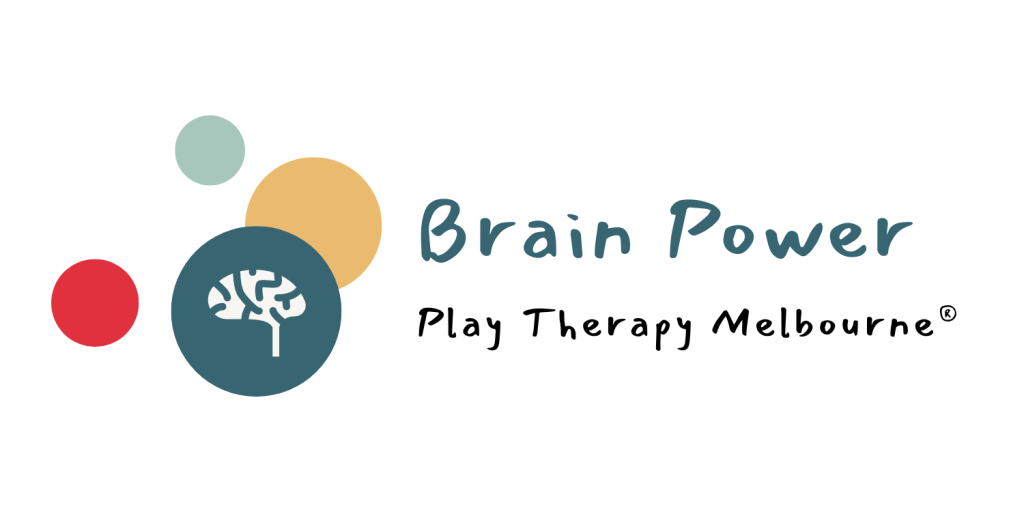They do not just transition from home, childcare and kindergarten to school, but also from small-scale to large-scale interactions, from highly personalised to less personalised relationships, and from small environments with a limited range of ages to a large institution with children of many ages. It requires enormous social adjustments and greater independence, which many children find challenging.
In addition, the current global pandemic has had a significant impact on children’s social and emotional learning and “school readiness” generally.
School readiness is a measure of the knowledge, skills and behaviours that enable children to participate in school. This “readiness” is often mistaken as being able to read, write and do basic mathematics. However, research shows that every child needs a strong foundation of social, emotional, physical and communications skills in order to have the ability to take in academic information that they will receive in school. Quite simply, children cannot thrive at school if they haven’t yet developed the skills to manage things like getting along with other children, following instructions, communicating their needs and being able to wait and take turns. Success in school, as in many aspects of life, is about relationships, as well as what is known and the skills one has.
How well children are prepared for the start of schooling life is extremely important as it impacts their long-term educational and behavioural outcomes. Every year at Play Therapy Melbourne we see an influx of children referred for therapeutic support who have simply not transitioned well into formal schooling.
Our School Readiness Program is specifically designed to support children with the readiness and social and emotional skills they require to transition into Primary School. The Program is facilitated by experienced educators and mental health clinicians and the program has been devised with input by our occupational therapists and speech pathologists. Facilitators draw on the therapeutic powers of play and employ evidence-based practices to assist children with emotional, social and behavioural challenges.
Our curriculum integrates both intentional teaching and child-led approaches and experiences and is based on the needs and interests of the children attending. These experiences are all facilitated through play and include art, craft, construction, movement, music, stories, role-play, games, mindfulness and relaxation. Children are also supported to be more independent and confident in their learning, emotional and social regulation and self-care. Self-regulation helps children and teenagers learn, behave well, get along with others and become independent. Self-regulation begins to develop rapidly in the toddler and preschooler years, it is key to a successful start at school and will ensure that children continue to make the most of their educational experiences.
Class sizes remain small and we ensure a high ratio of clinicians to children to ensure that each child can benefit from close therapeutic support and scaffolding to practice their skills amongst their peers and gain confidence within a dynamic “real-world” social learning environment. And of course, it is fun!
The program also acknowledges that every child is unique and develops at their own pace with their own strengths, interest, temperament and approach to learning.


